What is the best way to buy boxes?
Need boxes but finding the best source is confusing? Buying seems easy, but choices overwhelm. Let's find the right way for your needs.
The best way depends on your needs. For small quantities, local stores or online retailers work. For bulk or specific types, wholesalers or directly from manufacturers are often better. You need to think about quantity, quality, and your budget.
Buying boxes seems straightforward at first glance. But different situations call for different methods. Let's look closer at common questions people ask when they need packaging. This exploration should help you decide the best path forward for you or your business.
What's the cheapest place to get boxes?
Trying to save money on boxes? Costs can add up quickly, especially for businesses. Finding cheap options matters. Here are some places I often see people look for budget-friendly boxes.
Often, the cheapest places are large online retailers offering bulk discounts, or sometimes local big-box stores. Used box marketplaces or even free community groups can offer very low-cost options, but the quality varies a lot.
!
Finding the absolute lowest price for boxes takes some looking around. It's not always simple. Let's break down the common options people consider.
Bulk Buying
Buying a lot of boxes at once usually gets you a lower price for each box. Wholesalers or manufacturers often sell this way. This sounds good, but you need space to store all those boxes. Also, they usually have a minimum order quantity, meaning you have to buy a large number, maybe more than you need right away. From my experience in manufacturing, planning inventory is key here.
Used or Free Boxes
You can sometimes find used moving boxes online or from local groups. They might be free or very cheap. This can work well for a one-time personal move if your budget is tight. However, the quality is a gamble. You don't know how strong they are. The sizes will likely be inconsistent. And sometimes, they might not be clean. This isn't usually a reliable option for businesses needing professional packaging.
Comparing Costs: A Quick Look
Here’s a simple table to compare:
| Source | Pros | Cons | Best For |
|---|---|---|---|
| Online Retailers | Convenience, Good Variety | Can have Shipping Costs, Quality Check on Arrival | Small to Medium Quantities |
| Big Box Stores | Get them Immediately | Often Higher Price Per Box | Urgent, Small Needs |
| Wholesalers | Lower Price Per Box | High Minimum Orders, Need Storage | Businesses, Bulk Needs |
| Used/Free | Very Low or No Cost | Inconsistent Quality & Sizes | Personal Moves, Tight Budgets |
You should think about the total cost. This includes your time spent searching and the potential cost if items get damaged because of low-quality boxes. Sometimes the "cheapest" box ends up costing more in the long run.
What is the best way to acquire boxes?
Need boxes now, but how do you actually get them? Sourcing might seem tricky sometimes. Should you order online or go to a local store? Let's explore the most efficient ways I know to acquire the boxes you need.
The best way really depends on how fast you need them and how many you need. For immediate needs, local stores are quickest. For planned buys or bulk orders, online retailers or direct suppliers offer convenience and maybe better pricing, but you have to wait for shipping.
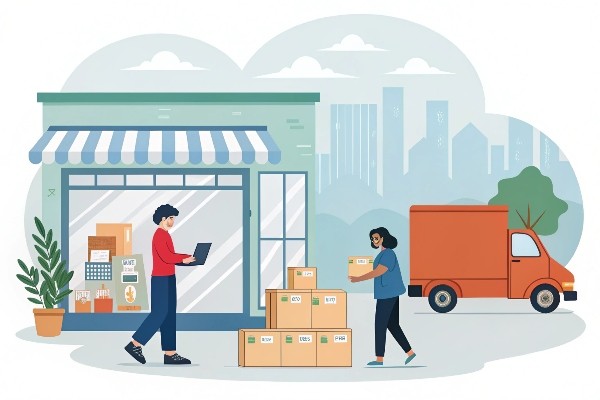
Getting your hands on boxes involves a few main choices. Each one has its good points and bad points. Thinking through these helps you plan better.
Local Stores
You can just walk into a store (like an office supply store, a moving supply place, or a big general store) and buy boxes right away. This is perfect if you need boxes urgently or just a few. You can see the quality before you buy. On the downside, prices might be higher per box. The selection might be limited to standard sizes. And you need a way to transport the boxes yourself.
Online Ordering
Ordering boxes online gives you a huge variety of choices and often very competitive prices. It's easy to compare different sellers. Delivery right to your door is convenient. However, you must wait for shipping, which can take days. You can't check the quality until they arrive. Shipping costs can also add up, especially for large, bulky boxes. Sometimes there are minimum order amounts too.
Direct from Wholesaler/Manufacturer
For businesses needing large quantities regularly, buying directly from a wholesaler or manufacturer is often the most cost-effective path. You usually get the best bulk pricing. You might even be able to discuss custom sizes or printing. But, the lead times are generally longer. Minimum orders are typically quite large. Communication might take more effort than just clicking 'buy' online. This is more of a business-to-business process.
Think about factors like your deadline, the quantity needed, and what you can afford for shipping or transport. I always advise planning ahead, especially for larger or custom orders.
What are the best moving boxes to buy?
Moving soon and feeling worried about packing everything safely? Choosing the wrong boxes can lead to broken items and stress. Let's identify the best types of boxes to protect your belongings during a move.
The best moving boxes are strong, corrugated cardboard boxes made specifically for moving. I recommend using a mix of sizes: small ones for heavy things like books, medium ones for general household items, and large ones for light stuff like linens. Specialty boxes are also very helpful.
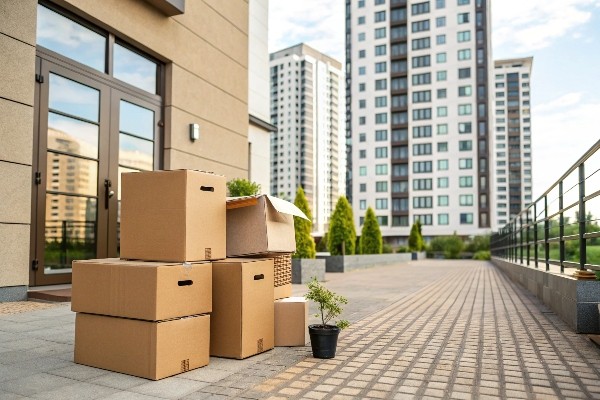
Not all cardboard boxes are the same, especially when you need them for moving house. Using the right ones makes a big difference.
Strength Really Matters
Look for boxes clearly labeled for moving. They are usually made from corrugated cardboard, which has layers for strength. Good ones resist crushing better. Single-wall boxes might be okay for light things, but I always suggest double-wall boxes for anything heavy or fragile. They offer much better protection. If you see an Edge Crush Test (ECT) rating, a higher number means a stronger box.
Size Variety is Important
Using the right size box does two things: it stops items from shifting around inside, and it makes the boxes easier and safer to lift and carry.
- Small Boxes (around 1.5 cubic feet): Use these for heavy things. Think books, tools, canned foods. A big box full of books is too heavy to lift safely.
- Medium Boxes (around 3.0 cubic feet): These are very versatile. Good for kitchen items, toys, small electronics, and general clutter.
- Large Boxes (around 4.5 cubic feet): Best for light but bulky items. Things like pillows, blankets, lampshades fit well here.
- Extra-Large Boxes (around 6.0 cubic feet): Use these carefully. Only for very light things like comforters or large stuffed animals. They get very heavy very quickly if overfilled.
Don't Forget Specialty Boxes
These can be lifesavers for certain items:
- Wardrobe Boxes: These are tall and have a metal bar across the top. You can hang clothes directly inside, which saves time and prevents wrinkles.
- Dish Pack Boxes: Usually made with stronger, double walls. They often come with cardboard dividers to protect plates, glasses, and other fragile kitchenware.
- Picture/Mirror Boxes: These often come in sections that slide together (telescope) to fit different sizes of framed art or mirrors securely.
Spending a bit more on proper moving boxes really does protect your belongings better than using random, weak boxes you found somewhere. It's usually worth the investment for peace of mind.Is it worth buying boxes for moving?
Thinking about finding free boxes for your move to save cash? It seems like a good idea upfront. But is the time spent searching and the risk of damage actually worth it? Let's weigh the pros and cons.
Yes, in my opinion, buying proper moving boxes is usually worth the cost. They give better protection, stack neatly, and save you a lot of time compared to hunting for free boxes that are often not quite right. The cost is small compared to replacing broken items.
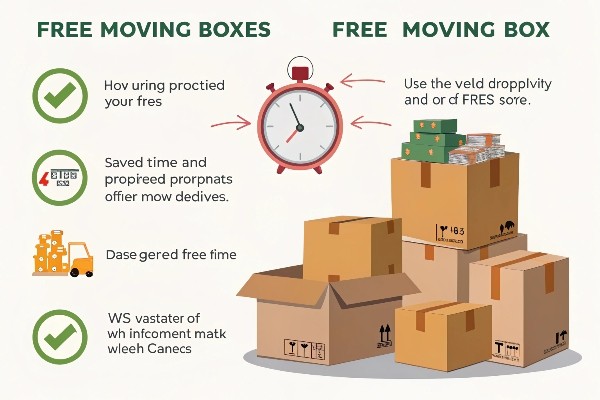
Deciding whether to buy moving boxes often comes down to balancing cost against convenience and how well your things are protected.The Argument for Buying
New moving boxes are specifically designed for the task. They are clean, strong, and come in standard sizes. Standard sizes stack much better and more safely in a moving truck or storage unit. This saves space and reduces the chance of boxes falling or items getting crushed. Specialty boxes like dish packs offer tailored protection. Plus, think about the time you save by not having to drive around looking for usable free boxes. I see the cost as an investment in making the move smoother and protecting your possessions.
When Free Boxes Might Be Okay
If you have a very small move (maybe just a room), are on a very strict budget, and have lots of free time, then hunting for free boxes can work. You might find some at grocery stores, liquor stores, or through online community groups. However, be very selective. Make sure they are clean (no bugs or smells!) and strong enough. Avoid boxes that held produce or chemicals. Be ready for odd sizes that don't stack well and varying levels of quality.
Thinking Beyond Moving: A Business Need?
This whole discussion has focused on moving house. But what if you are a business that needs boxes all the time? For shipping your products, for attractive retail packaging, or maybe for high-end presentation boxes? Buying standard moving boxes probably won't meet your needs. You might require specific dimensions, your own branding printed on the box, or a higher quality finish – like the rigid boxes used for luxury goods, electronics, or jewelry.
In these business cases, buying ready-made boxes might not be the best long-term solution. Consistency, quality control, and customization become much more important. This is the point where many businesses start thinking about making their own boxes in-house. Using specialized machinery gives you full control over the size, quality, and design, ensuring your packaging perfectly matches your product and brand image.1 2 3Conclusion
Buying boxes means picking a source based on your budget, how many you need, and what you need them for. For moving, proper moving boxes are often the best bet. For regular business needs, carefully consider if buying standard boxes truly meets your quality and custom needs long-term.
-
Kylin Machinery offers solutions like box forming machines for creating various types of boxes. ↩
-
For high-quality rigid boxes, specific machinery like box forming machines (e.g., KY-550c) ensure consistent results. ↩
-
Different machines cater to specific box types, including gift boxes, decorative boxes, and inner/outer boxes. ↩


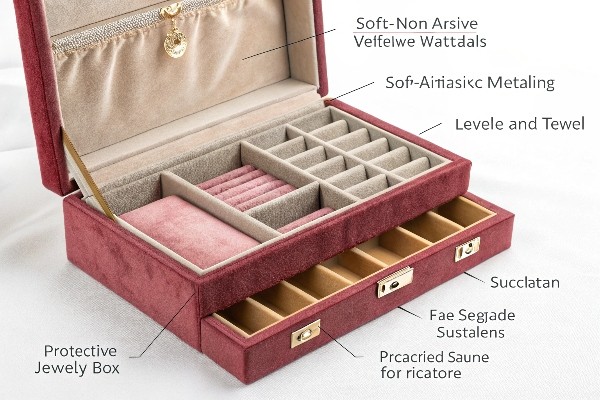



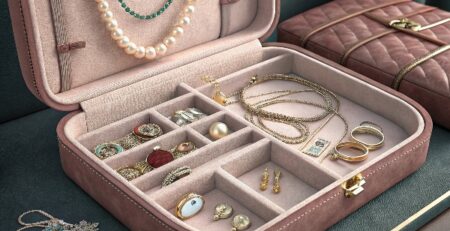
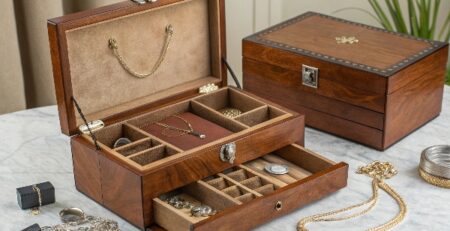
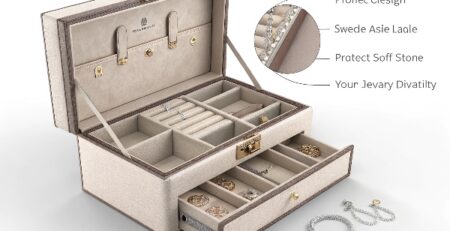
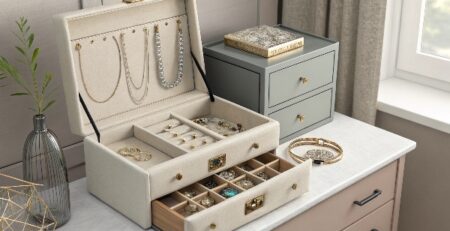

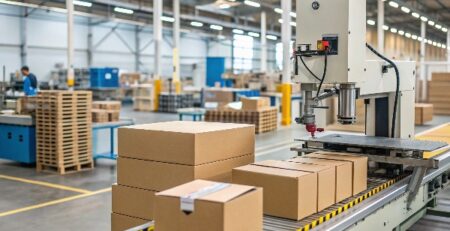

发表回复